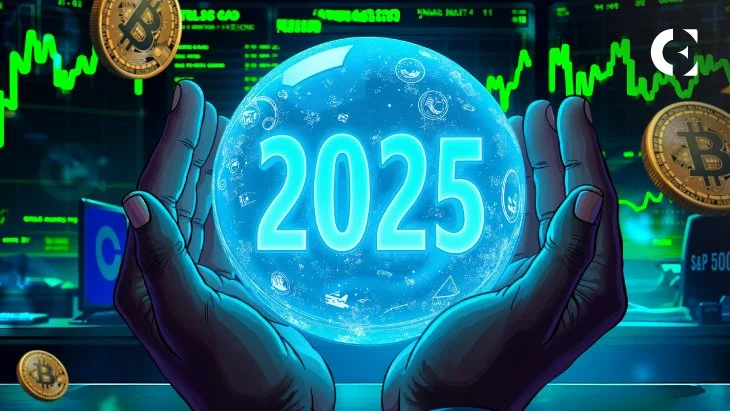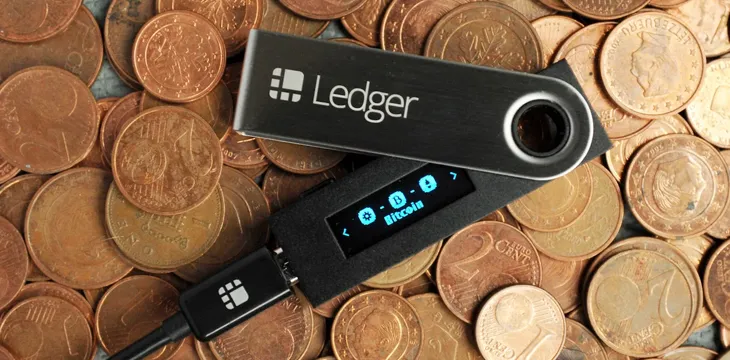
Starting a bitcoin business might be an exciting endeavor, but it all begins with a basic tool: a cryptocurrency wallet. To securely store, send, and receive digital assets like Bitcoin, Ethereum, and countless others, beginners must first grasp what a crypto wallet is and then select the appropriate one. Many wallet choices have been developed in 2025 with the express ...

In 2025, cryptocurrency will continue to gain traction, drawing in a large number of new users who wish to participate but are intimidated by the technical aspects. Selecting the best wallet to conveniently and safely store your digital assets is one of the most crucial tasks when you first enter the cryptocurrency market. In addition to being safe, a wallet ...

It can be frightening to get started with cryptocurrencies, especially for beginners who are afraid of losing money or making costly mistakes. Fortunately, a number of cryptocurrency wallets have been developed in 2025 to teach novices about digital assets in a secure manner without putting actual money at danger. Users can investigate blockchain technology, trading, and asset management in a ...

Obtaining your first cryptocurrency wallet is a thrilling turning point in your cryptocurrency adventure. Your digital assets, such as Bitcoin, Ethereum, and numerous other cryptocurrencies, are safely stored, sent, and received in a wallet. However, it might be difficult for a novice to choose the best option because there are so many available. The top beginner cryptocurrency wallets of 2025 ...

It may be both thrilling and scary to begin investing in cryptocurrencies. Selecting the appropriate cryptocurrency wallet—a device that safely keeps your digital assets and enables you to send and receive coins—is one of the first important tasks. Finding a wallet that is user-friendly, secure, and compatible with well-known cryptocurrencies is crucial for novice investors. There are a lot of ...

Imagine a future in which everyone with a smartphone and access to the internet may lend, borrow, save, or invest without going through a bank. That world already exists, and it’s called **DeFi**, which stands for **Decentralized Finance**. In 2025, DeFi is more than just a technological fad; it is a movement that is reshaping how we interact with money. ...

Decentralized Finance, or **DeFi**, has grown from a term in cryptocurrency circles to a full-fledged financial revolution. DeFi is no longer a fringe movement by 2025; it is a fast expanding ecosystem that is transforming how individuals throughout the world access, manage, and increase their money. Whether you’re new to DeFi or want to learn more, this guide will explain ...

In 2025, the term **DeFi**—short for **Decentralized Finance**—is more than just a catchphrase in the cryptocurrency industry. It now represents a formidable alternative to traditional finance, allowing people all over the world to earn, lend, save, and invest without the need for banks or brokers. Whether you’re new to cryptocurrency or just curious in financial technology developments, understanding what DeFi ...

In 2025, decentralized finance—better known as **DeFi**—has gone from a crypto buzzword to a real force in finance. It is changing the way individuals save, borrow, trade, and invest—without the need for a bank or financial institution. Whether you’re a crypto enthusiast, an investor, or just curious about where money is going, **DeFi is something you can’t ignore.** So, what ...

In 2025, decentralized finance, sometimes known as **DeFi**, has grown from a fringe notion to a dominant force influencing how we interact with money. DeFi is changing traditional financial services, from lending and borrowing to trading and saving, by eliminating middlemen in favor of code, openness, and autonomy. But what precisely is DeFi by 2025? And why is it more ...